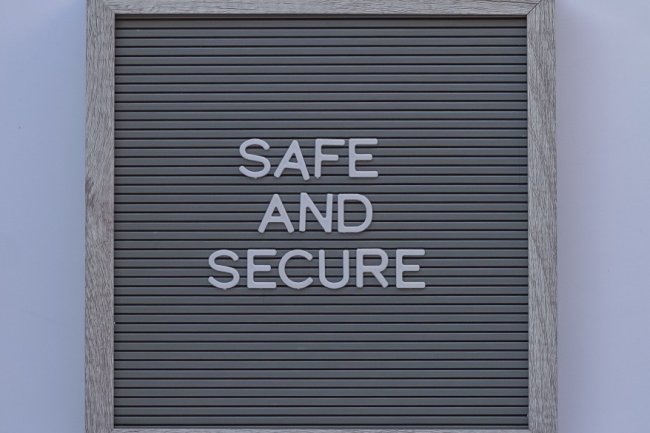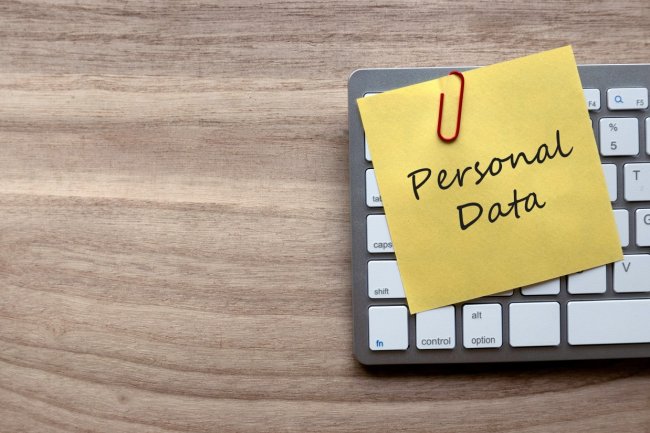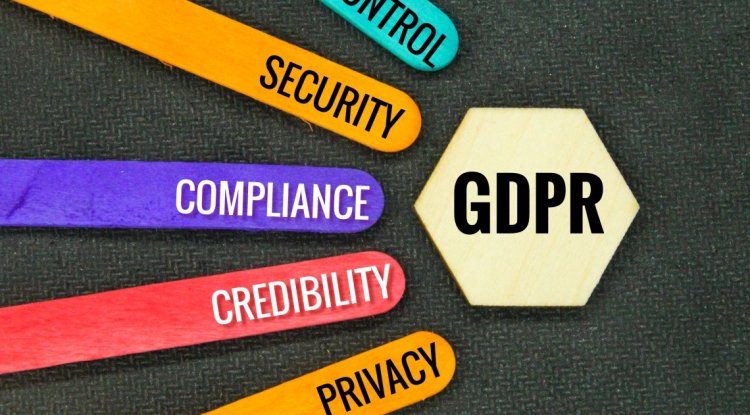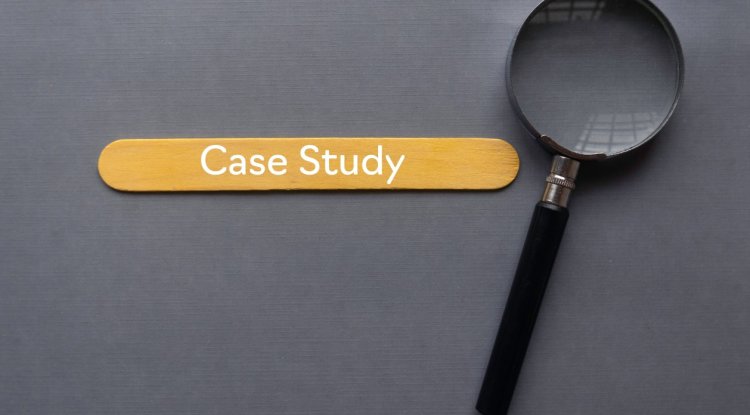Collecting and Handling Personal Information under COPPA: A Comprehensive Guide
Explore the intricacies of collecting and handling personal information under COPPA (Children's Online Privacy Protection Act) in this comprehensive guide. Understand the regulations, compliance strategies, and best practices to ensure data protection for young users.
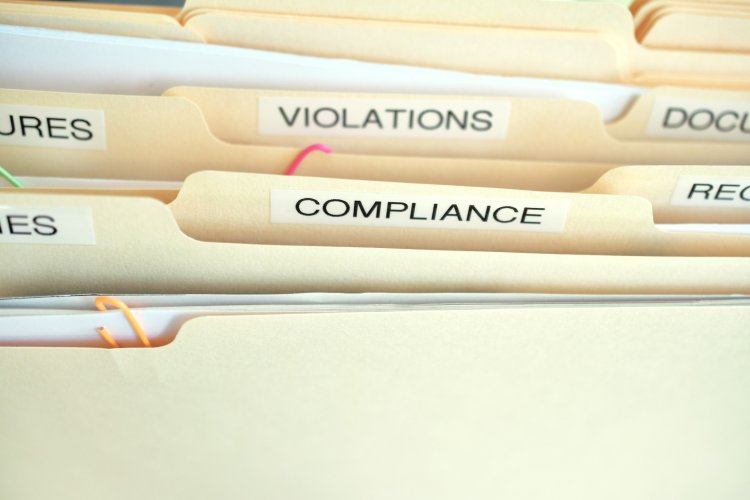
In today's digital age, safeguarding children's online privacy has become paramount. The Children's Online Privacy Protection Act (COPPA) was enacted in response to growing concerns about the collection and handling of personal information from young users. As we delve into the complexities of COPPA compliance, we'll explore its significance, the regulations it entails, and effective strategies for handling personal information while adhering to these crucial guidelines.
Understanding COPPA Regulations
COPPA is designed to protect the personal information of children under the age of 13 when they interact with websites, apps, or online services. It requires operators of these platforms to obtain parental consent before collecting, using, or disclosing any personal information from minors. This includes data such as names, addresses, email addresses, geolocation information, and more.
Key Pointers for COPPA Compliance
-
Parental Consent Mechanisms: Platforms covered by COPPA must establish reliable methods for obtaining verifiable parental consent before gathering any personal information from children.
-
Clear Privacy Policies: Operators must provide comprehensive and easily understandable privacy policies that detail the types of information collected, its usage, and the disclosure practices.
-
Data Security Measures: COPPA mandates the implementation of robust security measures to protect collected data from unauthorized access, leaks, or breaches.
-
Limited Data Collection: Collect only necessary information and avoid requesting excessive personal data that goes beyond the scope of the platform's services.
-
Educational Content: Platforms providing educational content for children may have more flexibility in data collection, but strict guidelines still apply.
Case Study: SafeKids App
A notable example of COPPA compliance is the "SafeKids" app. The app offers educational games and interactive activities for children under 13. SafeKids implemented a two-step parental consent process, requiring a combination of email verification and submission of a scanned consent form. Additionally, the app's privacy policy is prominently displayed, outlining data collection practices and usage.
Ensuring Compliance in Practice
Operators can follow these steps to ensure full compliance with COPPA:
-
Conduct a thorough audit of data collection practices to identify areas of improvement.
-
Implement mechanisms for obtaining verifiable parental consent, such as digital signatures or credit card verification.
-
Develop a child-friendly privacy policy that is easy to understand and transparent.
-
Regularly update privacy settings and notifications to keep parents informed about data collection changes.
About Myself
I am Raghav Chugh, an experienced digital marketing and technology professional. With over 8 years of expertise in campaigns planning, lead lifecycle design, and database management, I have a deep understanding of data privacy and protection. My technical skills span across various tools and technologies, making me a valuable asset in any technical team. Connect with me on LinkedIn to learn more.
Empowering Users with Knowledge
At zigmo.in (Zero-Intrusion Guard for Marketing Operations), we are dedicated to empowering individuals and businesses worldwide with valuable articles on data privacy, security, and technology. Our mission is to provide actionable insights that help readers navigate the digital landscape safely. Learn more about our initiatives at zigmo.in/about-us and discover how Raghav Chugh contributes to our mission.
In conclusion, navigating COPPA regulations is crucial for anyone involved in collecting and handling personal information online, especially when it comes to young users. By understanding the intricacies of COPPA and implementing robust compliance strategies, we can create a safer digital environment for children while respecting their online privacy rights.
What's Your Reaction?







